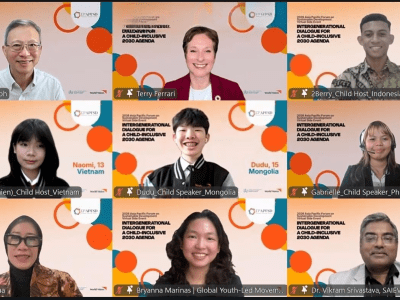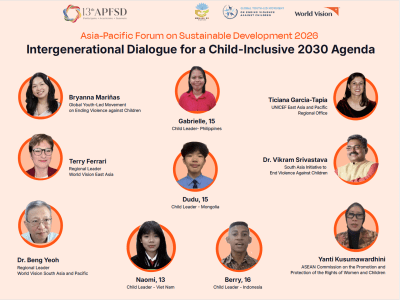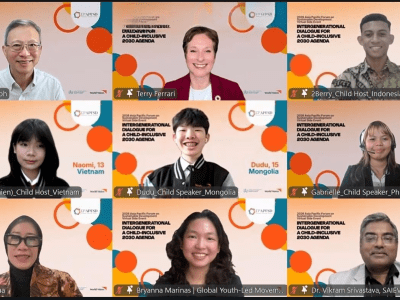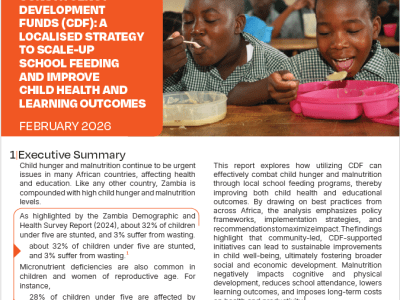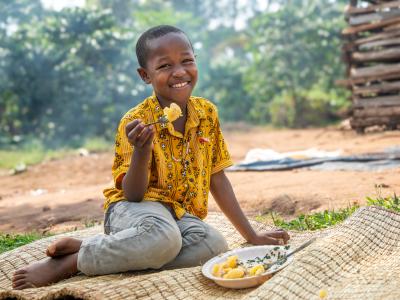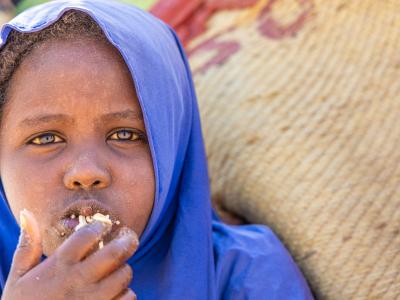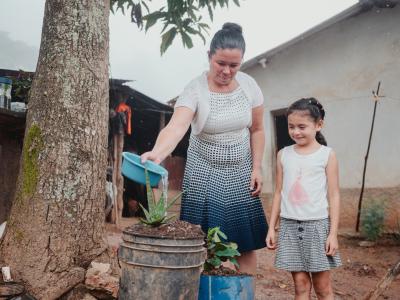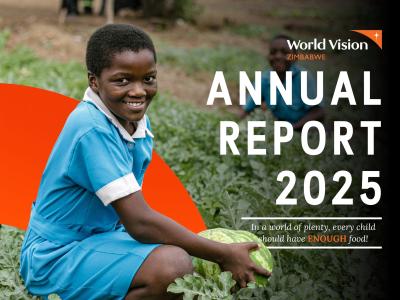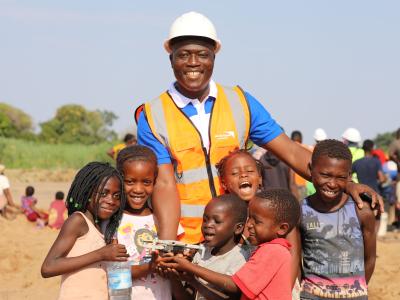press release / February 26, 2026
"Decisions About Us, Made With Us": The New Era of Child Participation at the Asia Pacific Forum on Sustainable Development 2026
From Participation to Partnership: At APFSD 2026, child leaders from World VIsion programmes in 13 countries are moving beyond symbolic roles, inviting regional leaders into a shared co-design process and proposing "Innovation Labs" to bridge the gap between policy and the lived realities of their communities.
press release / February 25, 2026
“Our Rights, Our Future”: Strengthening Safe Civic Spaces for Child Participation at the Asia Pacific Forum on Sustainable Development 2026
At APFSD 2026, children and regional leaders unite to close the 88% SDG progress gap. Explore how child-centred innovation and direct negotiation are shaping a resilient future for communities across the Asia-Pacific.
article / February 26, 2026
"Decisions About Us, Made with Us": The New Era of Child Participation at the Asia Pacific Forum on Sustainable Development 2026
• From Participation to Partnership: Child leaders from 13 countries at APFSD 2026 are moving beyond symbolic roles, inviting regional leaders into a shared co-design process and proposing "Innovation Labs" to bridge the gap between policy and the lived realities of their communities.
publication / January 21, 2026
Constituency Development Funds (CDF): A Localised Strategy to Scale-Up School Feeding and Improve Child Health and Learning Outcomes
Child hunger and malnutrition continue to be urgent issues in many African countries, affecting health and education. Like any other country, Zambia is compounded with high child hunger and malnutrition levels.
opinion / February 19, 2026
Justice begins when no child goes hungry
A society that allows children to go to bed hungry violates not only economic logic, but basic human rights.
press release / January 22, 2026
Crisis in Venezuela Impacts Children’s Well-being
Press release that highlights the how the current tensions are negatively impacting the well-being of children in Venezuela.
publication / February 22, 2026
World Vision Somalia Abridged Strategy FY26- FY30
WVS’s child well-being priorities are closely aligned with Pillar 3: Social Development of the Somalia National Transformation Plan (NTP) and contribute directly to the Sustainable Development Goals (SDGs).
Efforts to improve child nutrition and reduce wasting and stunting advance SDG 2: Zero Hunger and respond to the NTP priority of improving access to and quality of nutrition and food security services.
Expanding equitable, quality maternal and child healthcare supports SDG 3: Good Health and Well-being, addressing the NTP’s goal of strengthening accessible healthcare systems.
Finally, strengthening child protection systems and family support contributes to SDG 5: Gender Equality and SDG 16: Peace, Justice, and Strong Institutions, reinforcing the NTP commitment to protect children and promote social cohesion.
opinion / February 24, 2026
Latin America’s Water Paradox: How Long Can Abundance Exclude Millions?
Why Latin America must confront water inequality with strategic urgency and coordinated leadership.
publication / February 17, 2026
World Vision Zimbabwe 2025 Annual Report
In this 2025 Annual Report, discover powerful stories that highlight World Vision Zimbabwe's (WVZ) transformative impact on the lives of the most vulnerable children. Driven by an unshakable dedication to championing the well-being of girls and boys in need, we are strategically refocusing and amplifying our efforts to tackle extreme vulnerability head-on.
article / December 23, 2025
Over 25 years as Humanitarian Actor - A Journey of Commitment to Child’s Well-Being
Over 25 years of humanitarian service, Amílcar Checo shares his journey of dedication, leadership, and impact on the well-being of children in Mozambique.
